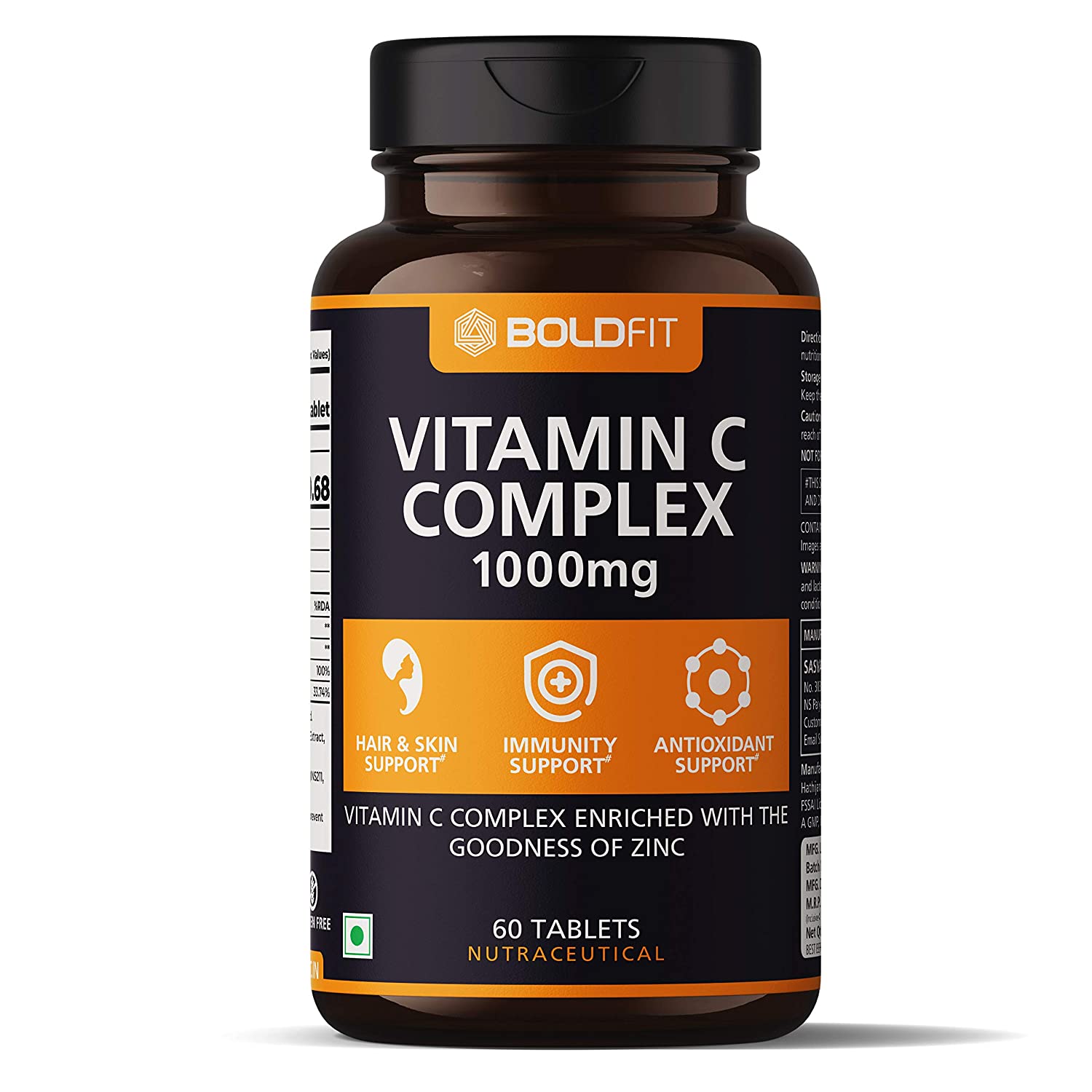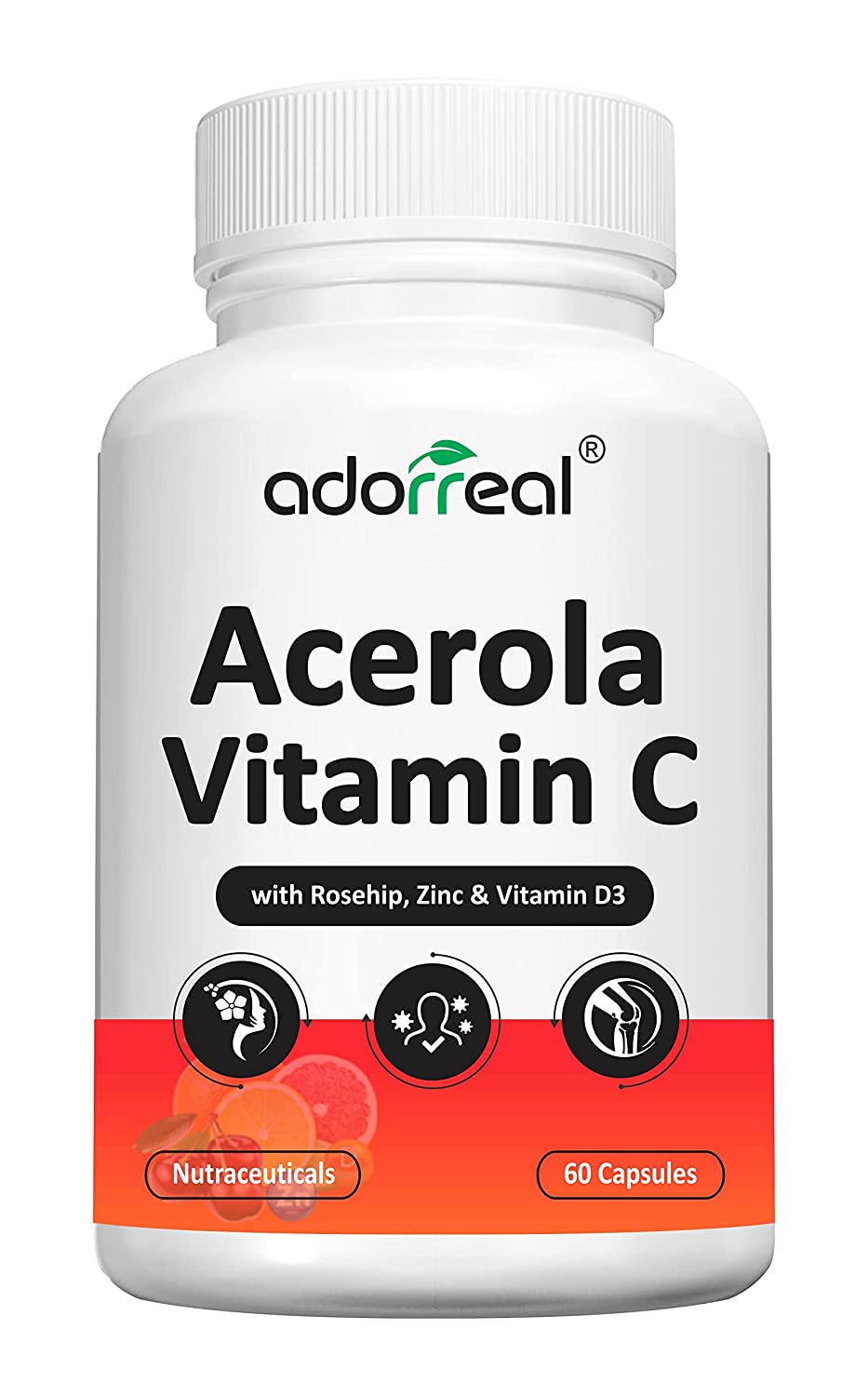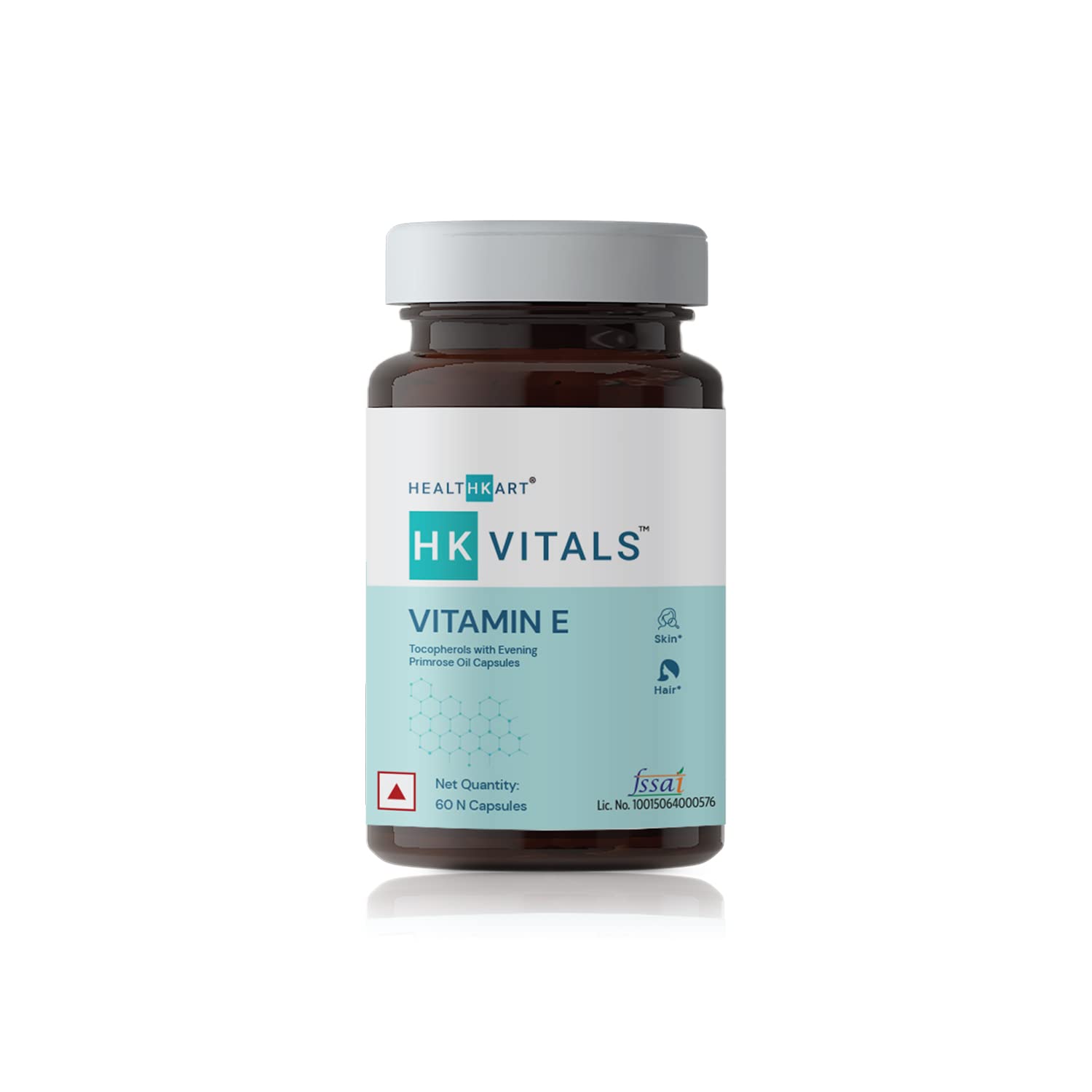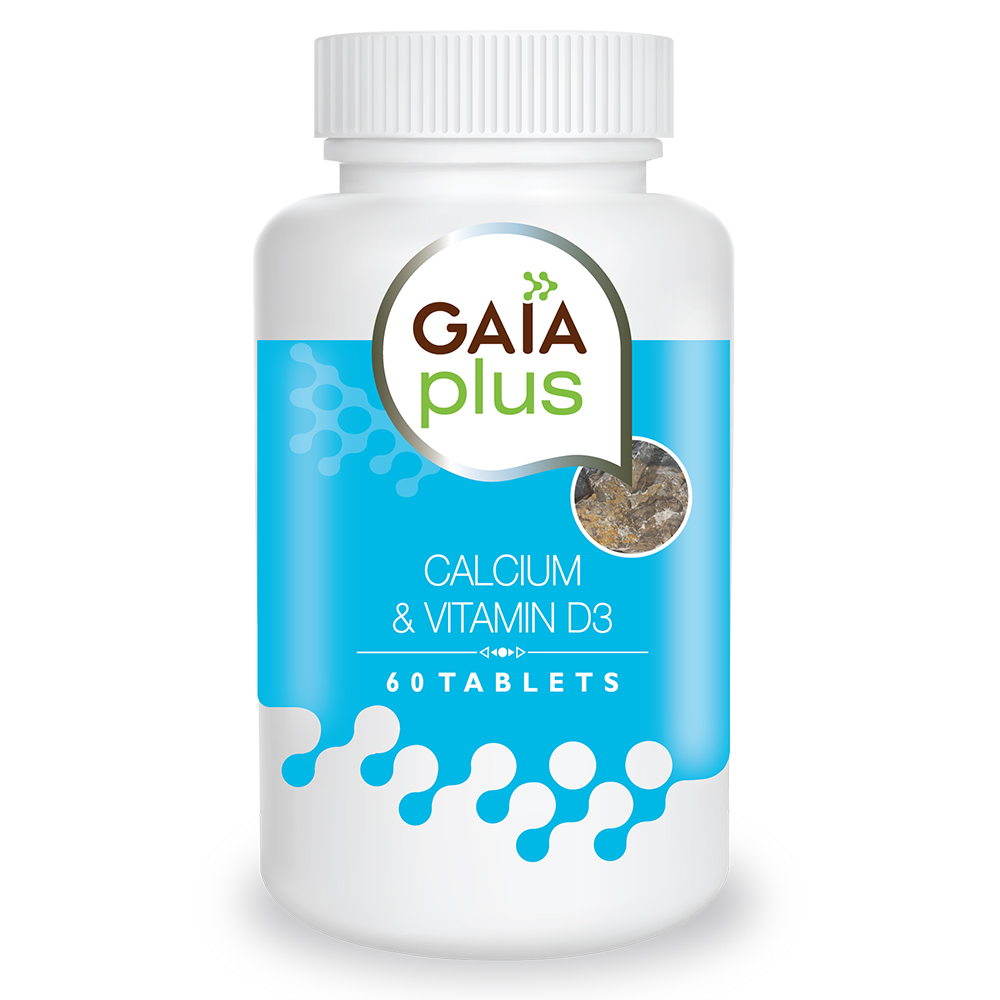Published Date January 24, 2003
Why do bodies get sick often?
By Hetvi Shah
3 min read
Last update date: January 24, 2003
Pathogens are lined with antigens and these antigens are responsible for stimulating an immune response in the body.

Getting sick is the way your body communicates with you. It either needs healing time or is fighting against a foreign particle. As a result, your immunity lessens.
Back in the 2000s, tv commercials used to run on ‘chyawanprash”, a product most of us would know about. These commercials heavily marketed its immunity-strengthening ability. And trusting these ads, a lot of us bought such products in the hopes that we’re helping our immunity.
Let us give you a quick sneak peek at what immunity is and how we can work to improve it.
What is immunity?
The ability of your body to protect itself against pathogens (foreign particles) is referred to as immunity. Pathogens are disease-causing germs like bacteria and viruses that the body is exposed to in everyday life
Pathogens are lined with antigens and these antigens are responsible for stimulating an immune response in the body. A defence mechanism is required to protect the body against disease-causing germs, and an immune response protects your body against them.
A healthy immune system ensures quick recovery from injuries, strengthens the functioning of white blood cells, regulates the body’s pH, and maintains gut health and hormonal levels.[4]
There are different types of immunities that you either acquire at birth or as you age.
Types of Immunity
- Innate immunity:
Innate immunity is what you acquire at birth. It includes physical barriers such as skin and body hair, defence mechanisms like saliva and gastric juices, and a general immune response like inflammation. - Passive immunity:
Antibodies that are transferred from a mother to her child through breast milk are called ‘borrowed’ or passive immunity. Passive immunity is the temporary help a child’s body needs when in the womb and right after conception. - Acquired or adaptive immunity:
Acquired or adaptive immunity is a type of immunity you keep developing throughout your life. Vaccination is one way of accelerating the process of acquiring immunity. It is nothing but exposing your body to pathogens. These pathogens are either dead or unable to harm you.[1]
There are a few factors that contribute to fading of your immune system. Below mentioned are a few of them.
Factors that can impair immune system activity:
- Old age:
Age is one of the factors that can impair your immune system. Organs that contribute to immunity become less efficient with age resulting in lesser immune cell production. - Weight:
Obesity or excessive weight gain is associated with chronic inflammation. Due to this, adipocytokines (cell-signalling molecules produced by the adipose tissue) are produced, promoting inflammatory processes and making you feel sick. - Environmental toxins:
Toxins from smoke, excessive alcohol consumption, and air pollutants suppress immune cells' normal functioning. - Improper diet:
To have a strong immune system, it is necessary to have a nutritious diet. A lack of important nutrients can lead to malnutrition further disrupting immune cell production. - Chronic diseases:
Long-term illness or autoimmune disorders can damage the immune cells impairing overall immunity. - Insufficient sleep and rest:
Sleep is the restoration process of the body. Cytokines are released during sleep that helps fight infections, and repair and revive the body.[2] [4]
Awareness of what can impair your immune system helps recognise ways to strengthen your immune system. Here are some ways you can strengthen your immunity.
Ways to strengthen and improve immunity
- Limit sugar intake:
Recent studies suggest that added or refined sugar may contribute to obesity and increases the chances of damaging immunity. - Remember A-B-C-D-Es:
Eating a healthy diet will boost your immunity and overall health. Vitamins A, B2, B6, C, D, and E have been linked to the immune response of your body. They play a vital role in averting illnesses. - Include fruits and vegetables:
Fruits like grapes, oranges, lemons, apples, pears, and vegetables such as broccoli, garlic, ginger, spinach, and turmeric are loaded with nutrients that help the body keep the immune system healthy. - Stay hydrated:
Hydration has no direct effect on keeping the body at bay from diseases. But it can make sure to release all the toxins from the body through urine, sweat, etc. Hence, the immune system can be more focused on destroying pathogens. - Get enough sleep:
An irregular sleep schedule can lead to illnesses. Lack of sleep often releases higher levels of stress hormones which promotes inflammation. It can also imbalance immune functions. - Engage in physical activity:
Regular physical activity reduces inflammation. It helps regenerate immune cells regularly while it also helps in improving sleep quality. - Get some sunlight:
Sunlight is considered the key source of vitamin D. It plays a major role in the production of antibodies. In contrast, low levels of vitamin D can lead to a higher risk of respiratory infection.[3] [4]
Takeaway
Chyawanprash can improve your immunity. Since it is made from amla, it has vitamin C in good amounts. Vitamin C is an antioxidant and can fight against infections.
Including probiotics like yoghurt in your diet can help strengthen your immune system. Regular physical activity can smoothen the functioning of your immune system and not make you sick often.
Keep reading

Why do Skin care brands like Vitamin C so much?
Vitamin C is also known as Ascorbic acid. It is present in various foods naturally and is also sold as a supplement.
By Hetvi Shah

Why are superfoods so hyped?
All about antioxidants, fatty acids, Berries and superfoods.
By Naurin Ansari

How Much Do You Know About FODMAP?
All about IBS, Crohn's disease and FODMAP.
By Arpita Sudev

Why is Parmesan cheese considered non-vegetarian?
The reason why parmesan is non-vegetarian is “Rennet”. Rennet comes from an organic substance that contains an enzyme called renin.
By Naurin Ansari
Related Items
Choose Healthy With Us.
Know the real truth about your food. Stay informed and healthy, for free.

Download the App Now
Certified nutritionists trust our food recommendations. Safe to say, so can you :)















